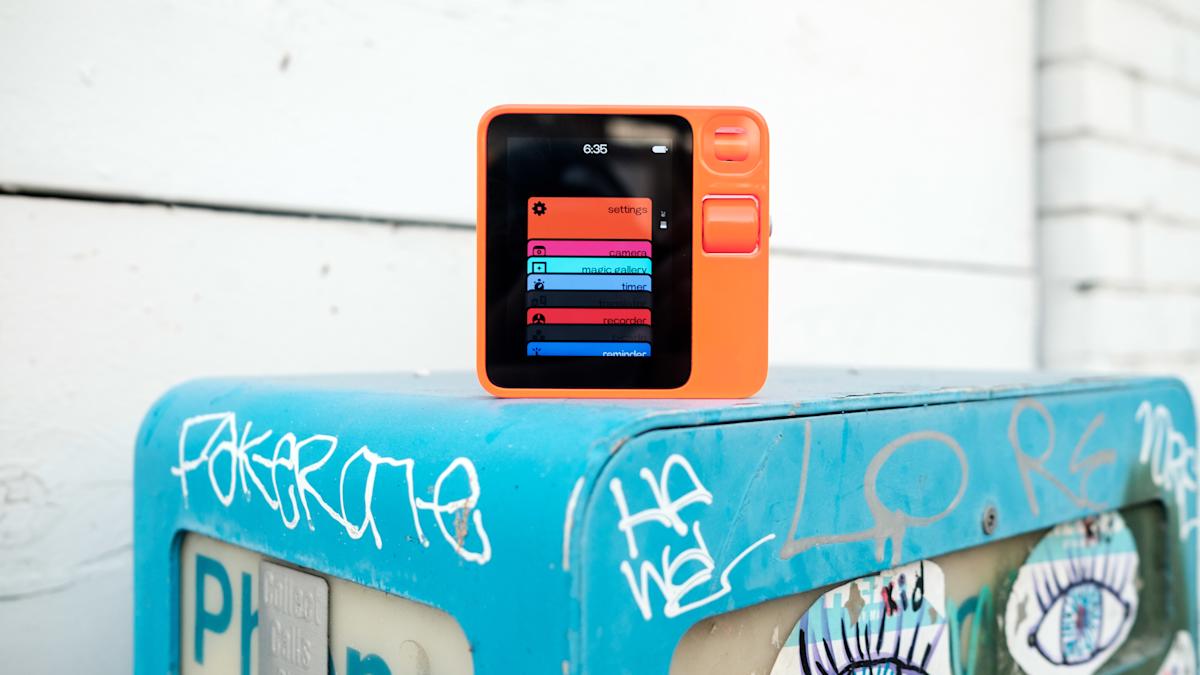Rabbit Unveils RabbitOS 2, Boosting R1 with New UI and Creations Feature

Key Points
- RabbitOS 2 redesigns the R1 touchscreen with a card‑based UI for tap‑and‑swipe navigation.
- Offline voice‑memo transcription is now supported, reducing reliance on internet connectivity.
- Creations lets users describe an app and have the AI agent Intern code it in minutes.
- Created apps are shared via Rabbithole or QR codes; there is no traditional app store.
- Intern task pricing: three tasks for $30 or $70 per month for 30 tasks.
- CEO Jesse Lyu frames the update as a second chance after the R1’s problematic launch.
- Competitors include Nothing’s Essential Apps and OpenAI’s hardware push after buying Jony Ive’s startup.
Rabbit released a major software update, RabbitOS 2, for its AI‑focused R1 device. The upgrade redesigns the touchscreen interface, adds offline voice‑memo transcription, and introduces Creations—a tool that lets users describe an app and have the device’s AI, Intern, code it. Creations can be shared via Rabbithole or QR codes, sidestepping a conventional app store. CEO Jesse Lyu framed the rollout as a chance for a second chance after the R1’s rocky launch, while noting competition from rivals like Nothing and OpenAI’s recent hardware moves.
Major Software Overhaul for the R1
Rabbit announced RabbitOS 2, the most significant software update for its R1 AI device to date. The new operating system replaces the original, clunky navigation with a redesigned touchscreen interface built around colorful cards. Users can now tap and swipe as they would on a smartphone, eliminating the cumbersome side‑button sequences that made basic tasks difficult.
In addition to the UI refresh, RabbitOS 2 adds offline voice‑memo transcription, allowing the R1 to convert spoken notes into text without an internet connection. These quality‑of‑life improvements aim to make the device feel more practical for everyday use.
Introducing Creations: User‑Generated Apps
The headline feature of the update is Creations, an evolution of the earlier Teach mode. Creations lets users describe the functionality they want in an app, after which the AI coding agent Intern asks clarifying questions and generates the code. The process is designed to be quick and non‑technical; one user reported creating a guitar‑tuner app in about five minutes.
Unlike traditional app stores, Creations are distributed through Rabbit’s online hub, Rabbithole, or via QR codes. There is currently no mechanism for developers to earn revenue from Creations, and Rabbit bears the cost of Intern’s processing power, which is priced at three tasks for $30 or a $70 monthly plan for 30 tasks.
Leadership Perspective and Market Context
CEO Jesse Lyu described the update as an opportunity for a “second chance,” acknowledging the R1’s earlier launch problems, including buggy software and a non‑responsive touchscreen. Lyu emphasized that the company is focusing on software improvements while continuing to explore new form factors, though no specifics were disclosed.
The announcement comes amid growing competition in the AI‑device space. Smaller player Nothing recently rolled out Essential Apps, a similar vibe‑coding tool for its phones, and OpenAI announced a major acquisition of Jony Ive’s hardware startup, signaling its own ambitions in AI‑driven hardware.
Rabbit’s strategy, as outlined by Lyu, is to keep pioneering unique software experiences that differentiate the R1 from smartphones, even as larger manufacturers integrate AI features into their own devices.